Imagine, if you will, that you’re a slightly unhinged military dictator with a country’s resources at your fingertips, a hefty dose of paranoia, and an inferiority complex the size of a crater. Your capital city is based on the coast, you’re convinced that US will attack at any minute, and that they’ll come from the sea.
What do you do?
Build a new capital city, of course.
Now first you’re going to need a location. Best to start in the middle of nowhere; fresh start and all that. How about this gigantic tract of virgin rainforest, uninhabited for at least 2,000 years? Labour’s no problem. Just ship in a load of peasants, give them machetes and absolutely no communication with the outside world. Slash and burn, mix some cement, eradicate the mosquito infestation; boom, you’re laughing.
You’ve never done this before, have you? You’ll probably need some architectural and financial assistance, not that we’ll acknowledge either. What about the country that’s always nudging you about cooperation? You know, the one which knows what they’re doing when it comes to magically erecting enormous cities from scratch with no immediate promise of inhabitation? Yeah, China. Get them on board.
Ship me somewheres east of Suez, where the best is like the worst,
Where there aren’t no Ten Commandments an’ a man can raise a thirst;
For the temple-bells are callin’, an’ it’s there that I would be
By the old Moulmein Pagoda, looking lazy at the sea– Rudyard Kipling, Mandalay
Visitors to Myanmar complain bitterly – and not unreasonably – about the country’s accommodation. Overpriced and under-supplied, it’s different from other south-east Asian countries in that reservations are strongly advised, prices are double what you might expect, and the quality half as good. Fearful that we’d end up on the streets if we didn’t book ahead, we temporarily switched tactics and planned our itinerary day-by-day, knuckling down for six hours to research train times and book hotels. For future Myanmar visitors, this is definitely a recommended approach.
The train to Malang contained only economy benches, and departed from Banyuwangi at 5am.
Perhaps this is why it’s such an underused route. Even The Man In Seat 61, international train journey guru, failed to recommend or even make Indonesian tourists aware of its existence. We found it merely through casual googling and the desire to traverse Java by rail.
We had arrived in Banyuwangi by ferry late in the afternoon and immediately bought our onward train tickets at the cavernous, leaky rail terminus. It was entirely empty: perhaps not surprising since they only had two trains a day; one arriving, one leaving. A cleaner ushered us into the information booth where we purchased a chit from a lady concerned we wouldn’t be happy with economy (not that there was an alternative), and then traipsed across the hall to get our tickets printed. The journey would take eight hours, and we had paid £3.50 each.
Stereotypes abound in this world and I for one am guilty of perpetrating them. Not only as a writer viewing others but as a subject, too; I embody the clichéd icy Londoner, the stern glarer, the queue-obeyer, the tea-drinker, the user of phrases such as “I reckon” and “how brilliant”. Knowing this, it’s hard not to wonder just how many stereotypes are actually based in fact.
Still, whilst we roll our eyes every time a film baddie has an English accent, at least we’ve got James Bond as a counterweight. Meanwhile, the poor Russians aren’t nearly so lucky. They’re portrayed as Soviet thugs with treetrunk necks; heartless, alarmingly accurate assassins; or one-dimensional, single-minded Cold War-era spies hell-bent on enacting a communist global society. And in the real world, British media is filled with Muscovite oligarchs taking over London’s property, war-mongering in the Ukraine, and Putin on a horse. It’s not really helping their global brand.
It’s strange to think that I was disappointed by the lack of snow when we reached Moscow. I’d heard that they’d had their first flurries some days previously and had hoped for a white carpet on arrival, but of course by that point every flake had melted.
I needn’t have worried. Out on the steppes, the snow was perhaps 6 inches deep which to me already made it feel like Christmas but for the locals is just the beginning of what threatens to be a long, hard winter.
Another short journey from Perm to Yekatarinburg, at just six hours, leant itself to an afternoon spent rubbing shoulders with the proletariat, i.e. a casual jaunt in third class.
This is more like hard-sleep, or how I spent my time travelling in China: open corridors with nests of bunks. In Russia, the wider track gauge means a larger compartment, with double instead of triple bunks, but an additional perpendicular row lining the corridor. Peter and I had two of these corridor-skirting bunks, the lower of which raises to become a table and two seats during the day. We spent most of the journey playing Scrabble, which lends itself well to a train journey because whilst one person is considering their move, the other can stare out the window.
When I dreamed of taking the Trans-Siberian Railway, it was of a shapeless, formless route through a very large expanse of nothingness, with few landmarks and merely the awareness that Moscow was at one end and Vladivostok at the other.
In practice, this was not far off.
Although the line is a single route, with a couple of variations at either end, there are multiple ways to take the Trans-Siberian railway. Deborah Manley’s brilliant Trans-Siberian anthology (given to me by a lovely colleague) draws together many of these accounts. Early explorers in the 1900s traversed the entire route solo, or in pairs, with woollen underwear and a piano room for accompaniment. Today’s Western tourists seem most commonly to do it in groups, more or less in a single run (perhaps with one or two stops); not entirely a bad idea since exploring Russian cities solo with only a few hours to spare is trickier than one might anticipate. Hardy budget travellers go third class, armed with packs of cards, pot noodles, and chocolate for bartering.
Whilst in London, preemptively buying tickets, I had repeatedly hit a wall whilst attempting to get from Warsaw to Moscow, thanks entirely to the first half of the journey. Minsk-Moscow? No problem. Tickets booked. But Warsaw-Minsk? Impossible. Most websites seemed reluctant to admit that such a route even existed.
So immediately upon arriving in Poland, we bought our onward tickets to Minsk (from the only woman in the entirety of Warsaw’s central station who spoke English) and on the train discovered that the bloody thing went the whole way to Moscow. Thanks a lot, Bahn.de – the palava meant we had had to buy transit visas through Belarus and accommodation in Minsk and our first train arrived at the spectacularly inhospitable hour of 2:09am.
Berlin only warranted a short visit since it’s so close to London (and so supremely accessible). Sure, it took me 30 years to visit in the first place but we figured we could return at any time. Three word assessment? Cool and laid-back. (Is that two words or three?) Nobody blinked at my walking boots or make-up-less face, even in the super hip districts of Neukolln and Kreuzberg. Take that Hackney, you and your judgey judgementalness.
How to spend limited time in a nearby city? Abandon what everyone thinks you should visit and spend your precious moments at places which give off an irresistible pull, however unexpected. So, we did away with Brandenburg Tor, museums and palaces, and instead spent an afternoon at the Jewish Museum.
My father is (technically) Jewish. He was bar mitzvah’d, and he’s a chartered accountant, but then he also told me the wrong word for a kippah, and was unceremoniously chucked out of his Jewish boy scouts troop for taking pork sausages to a picnic. So it goes without saying that my siblings and I were not steeped in religious dogma whilst growing up, and as such I know little of my Hebrew heritage.
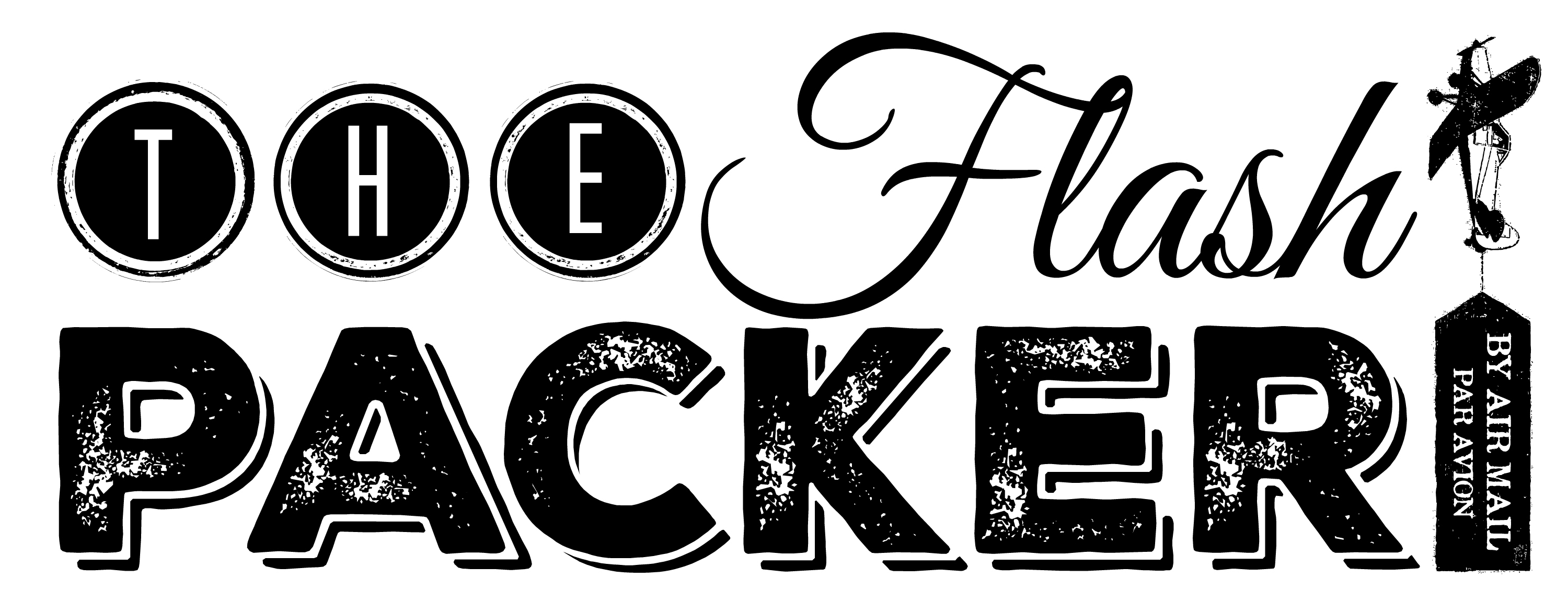

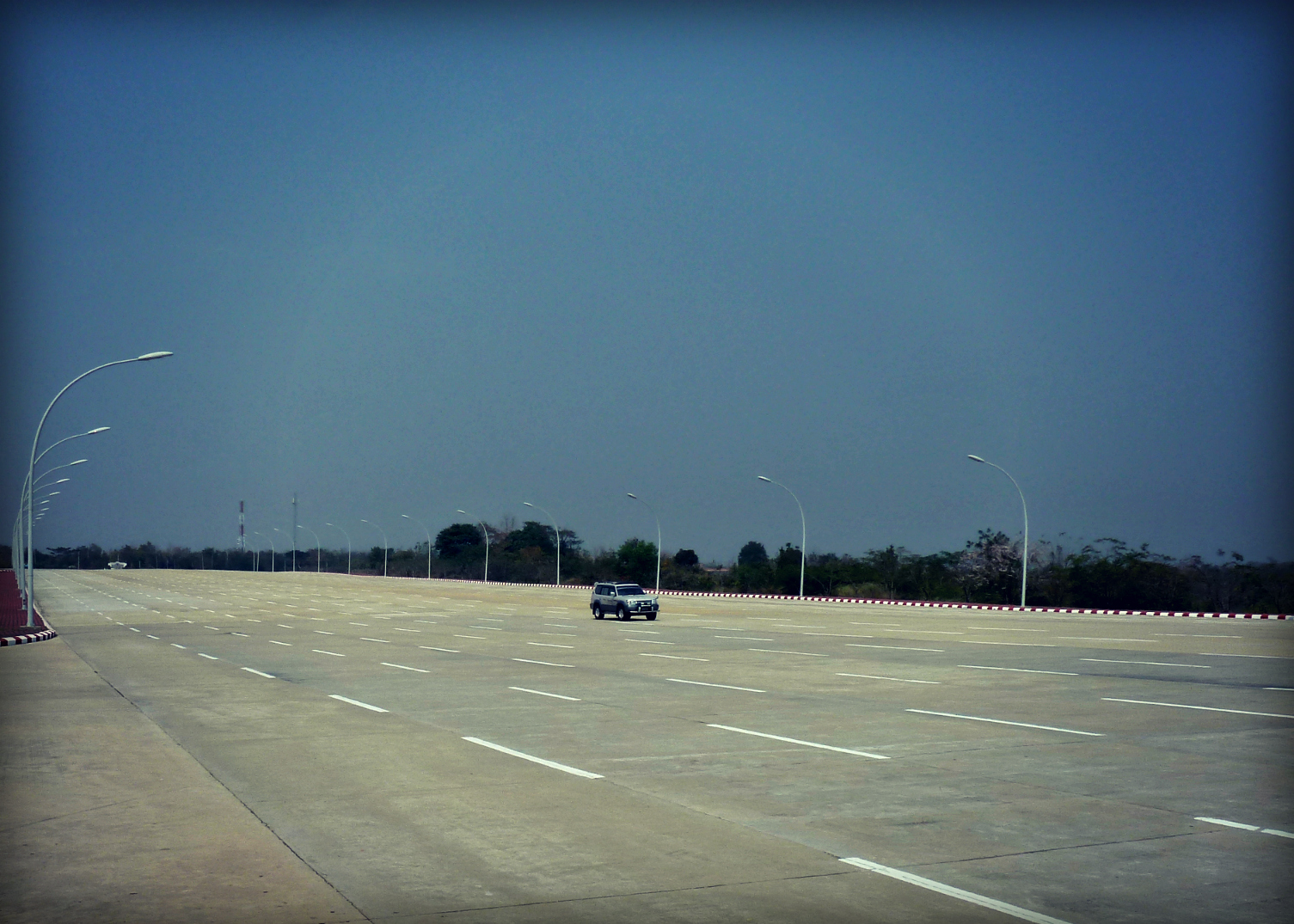
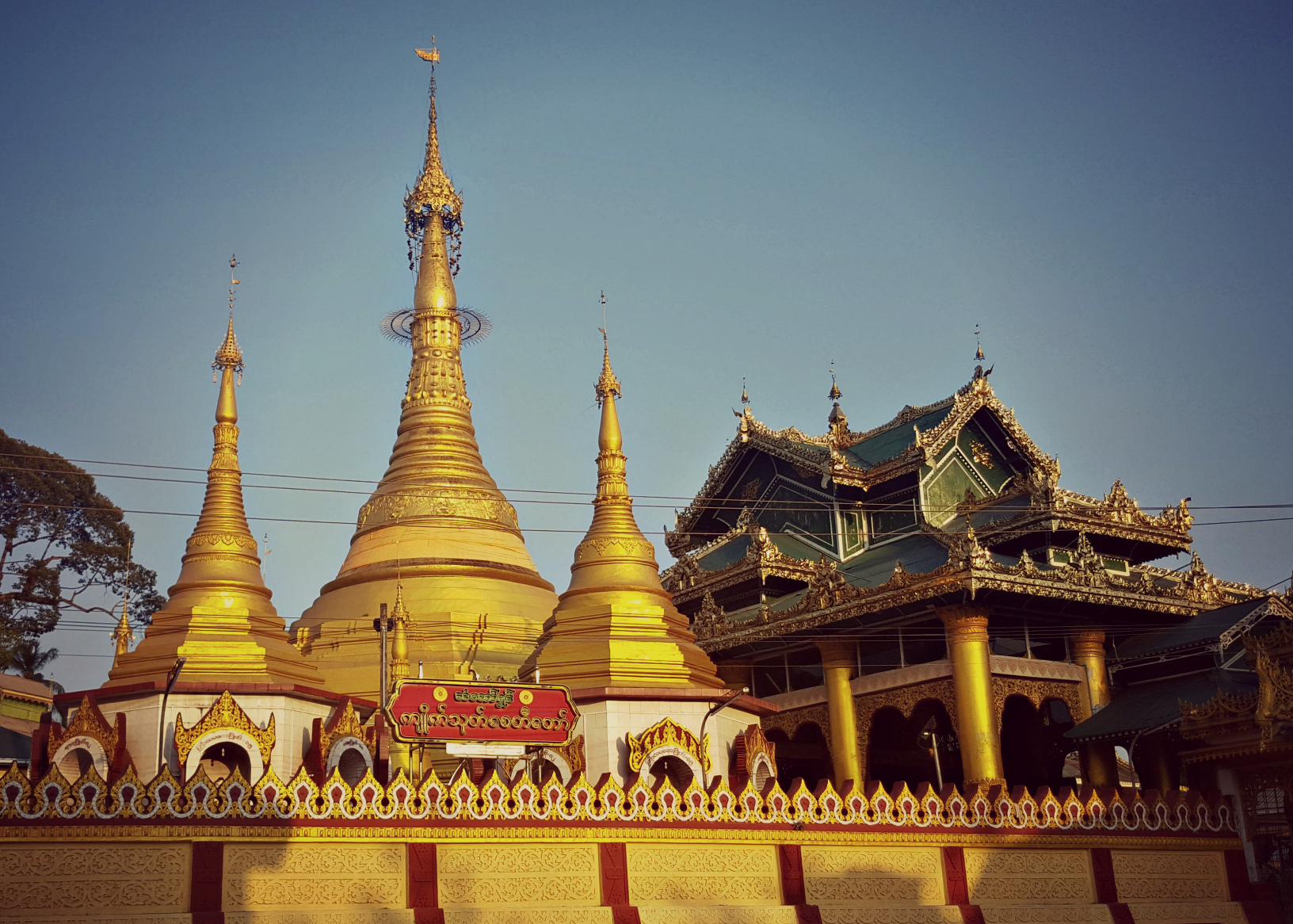
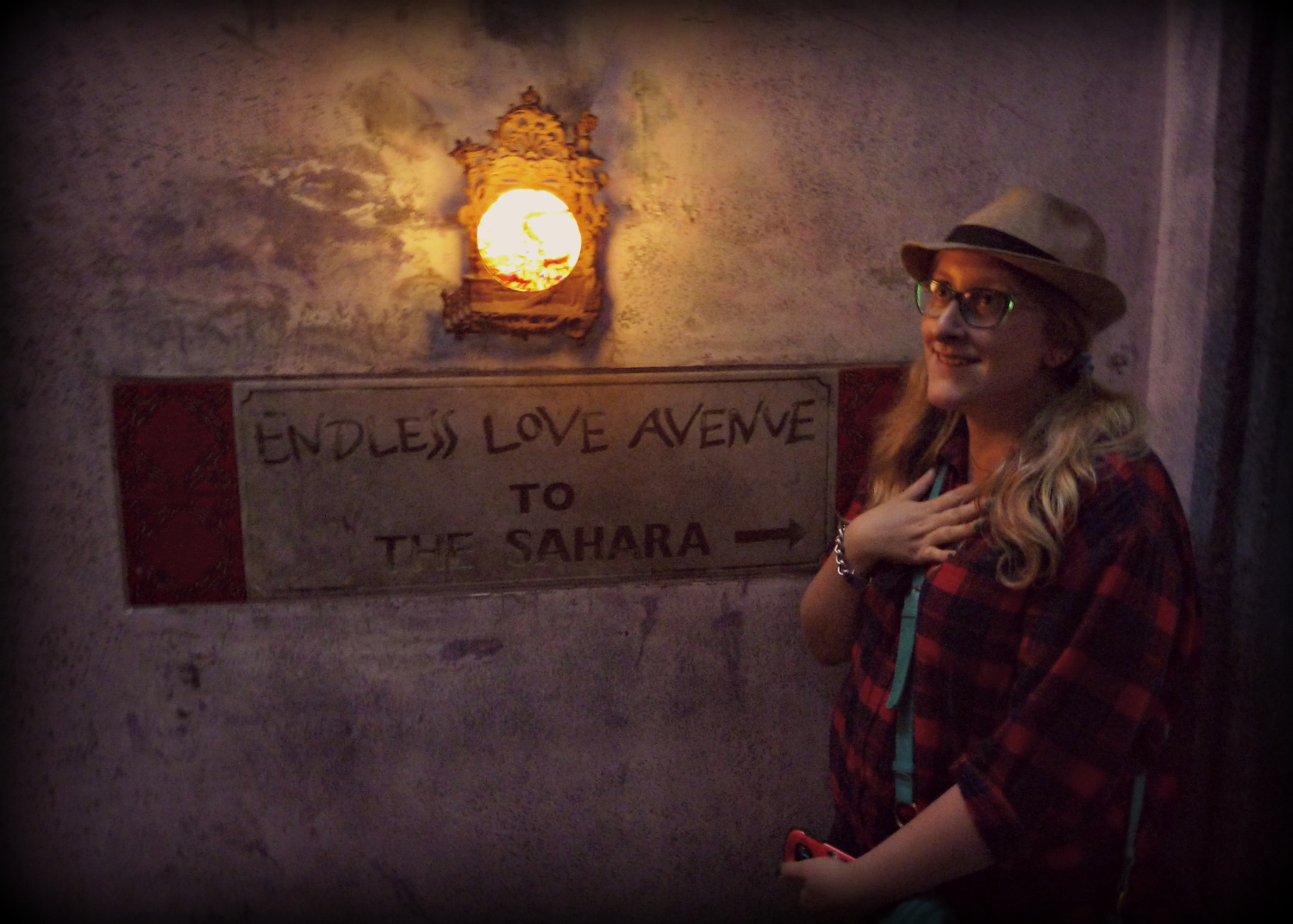
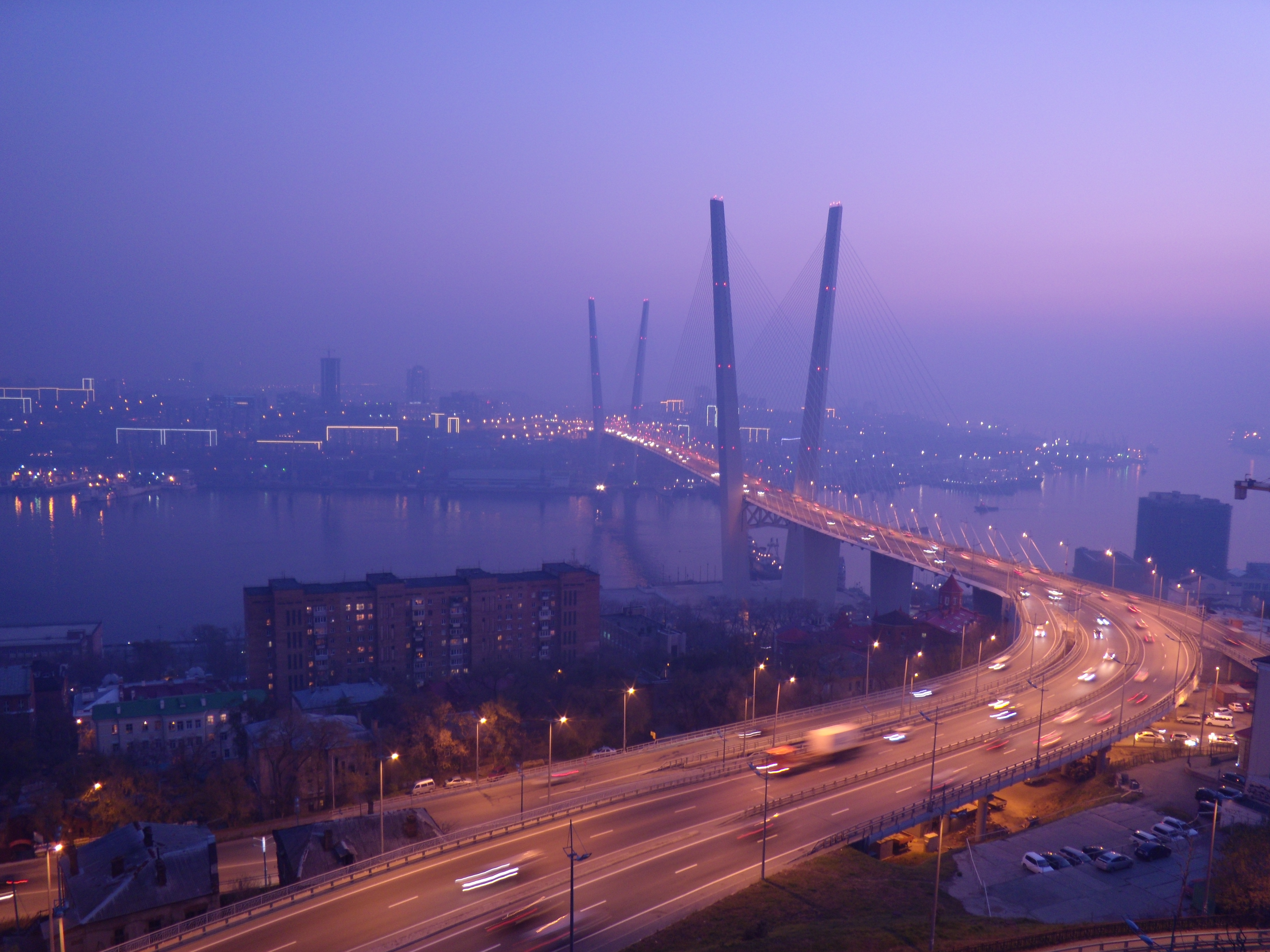
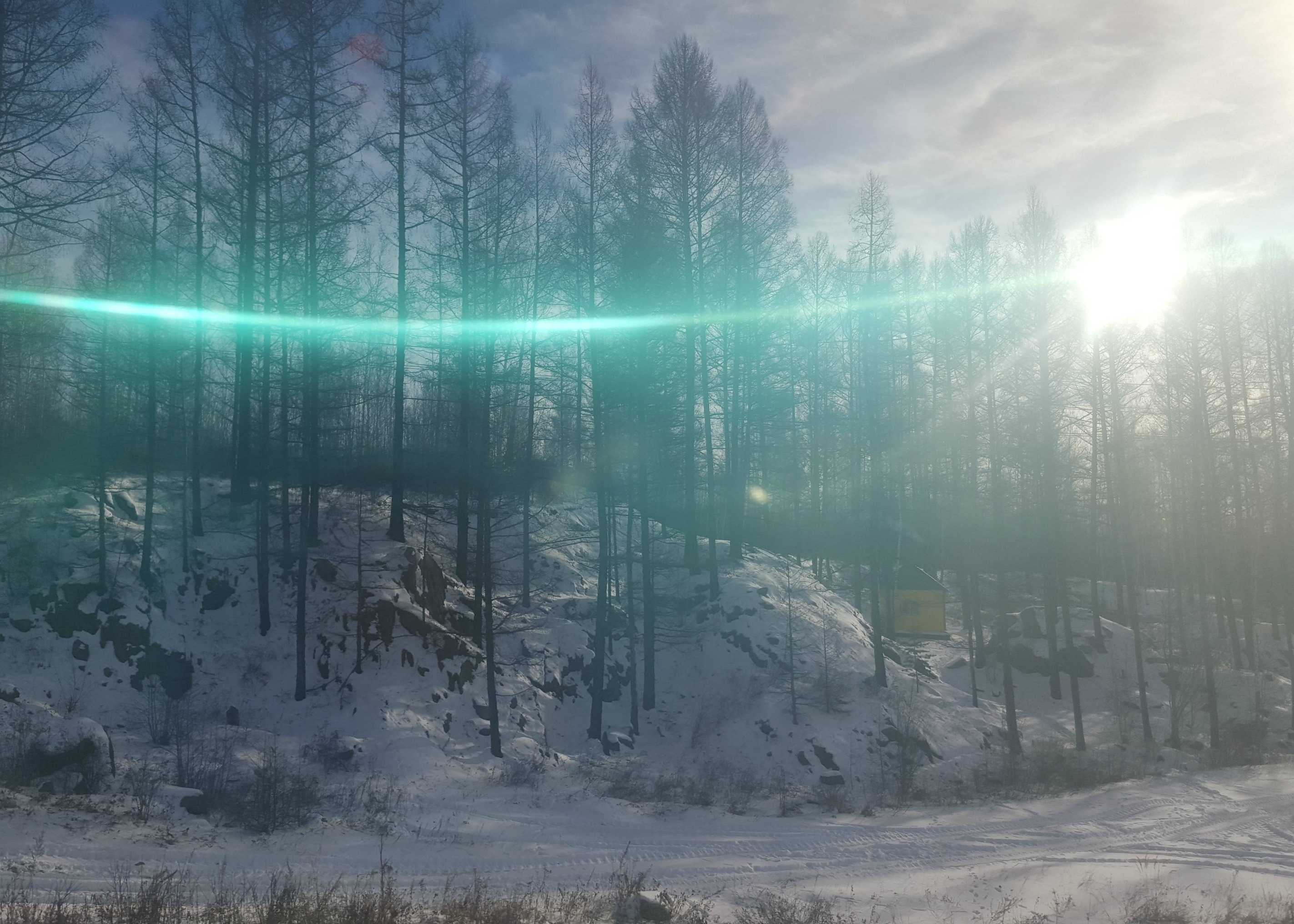
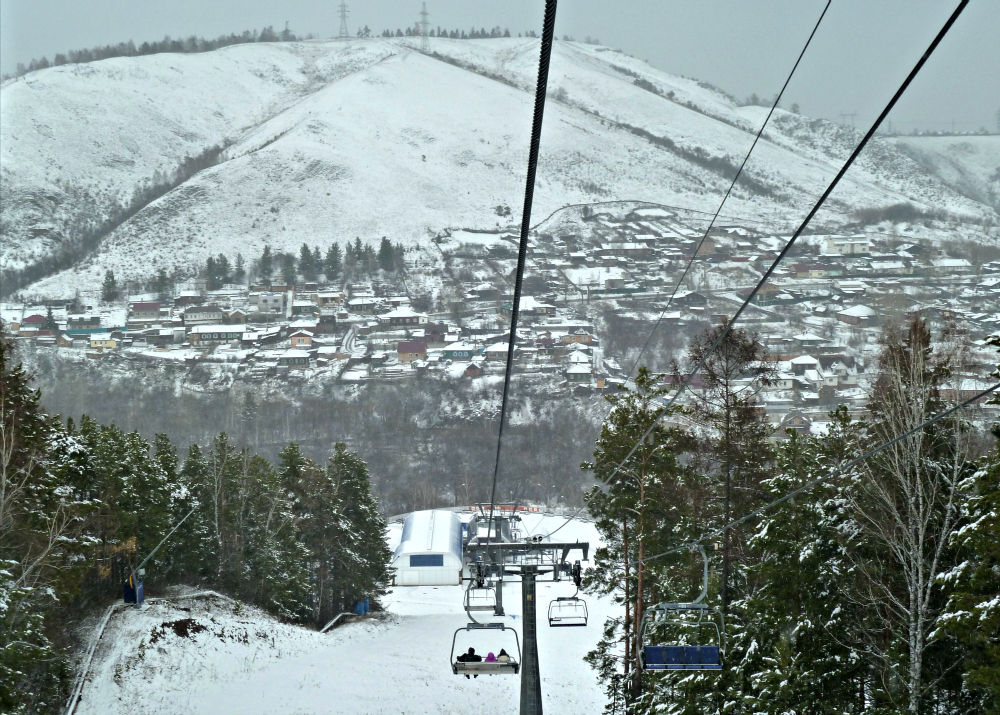
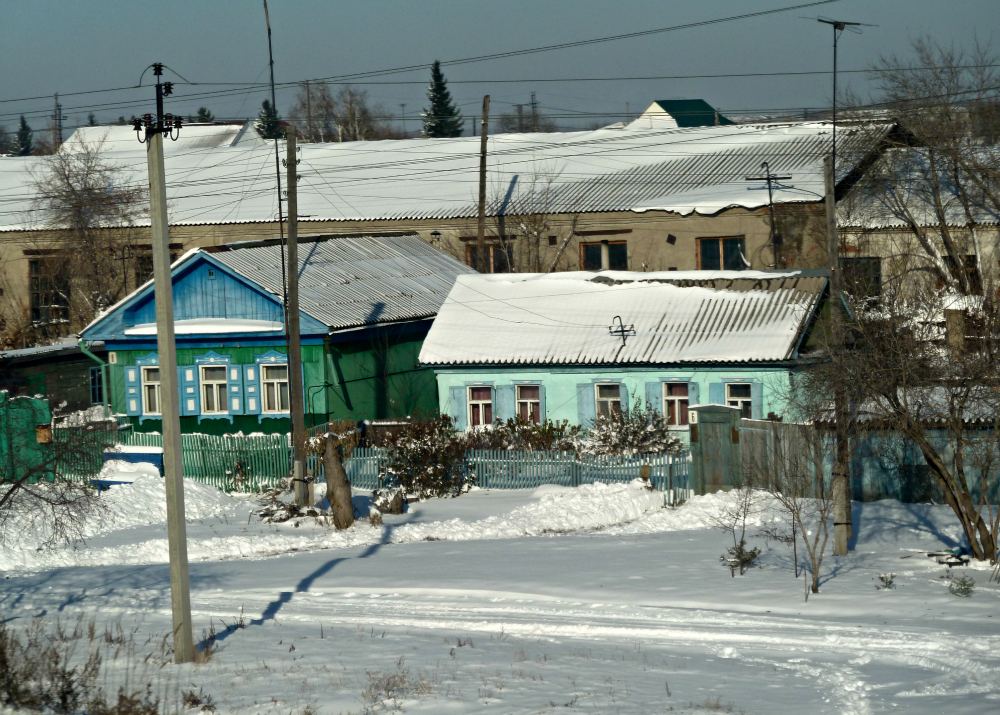
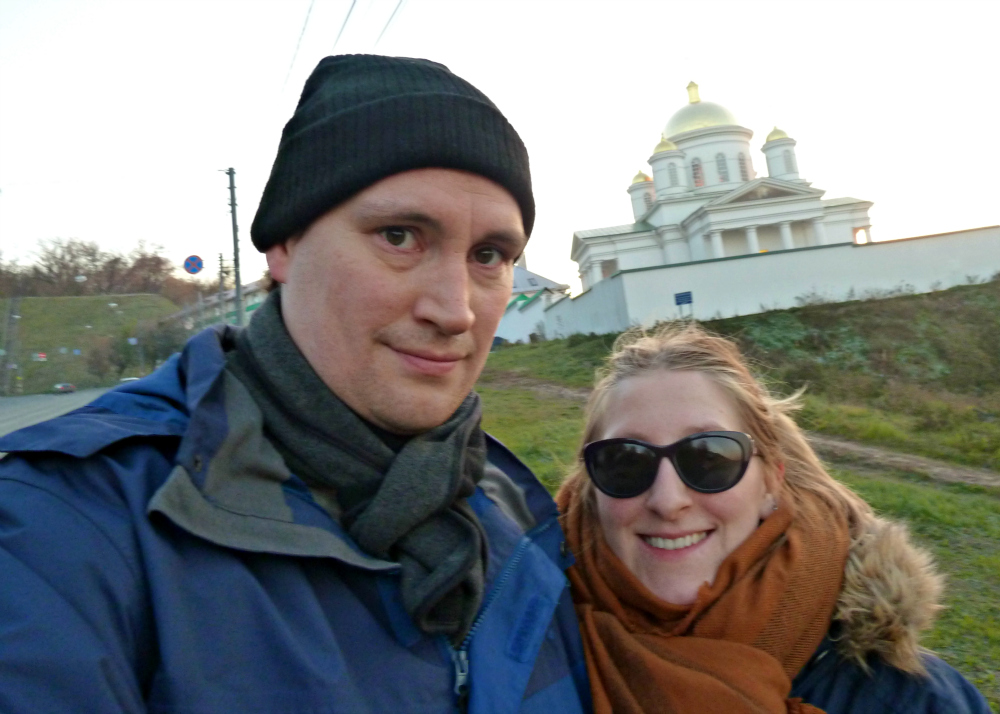
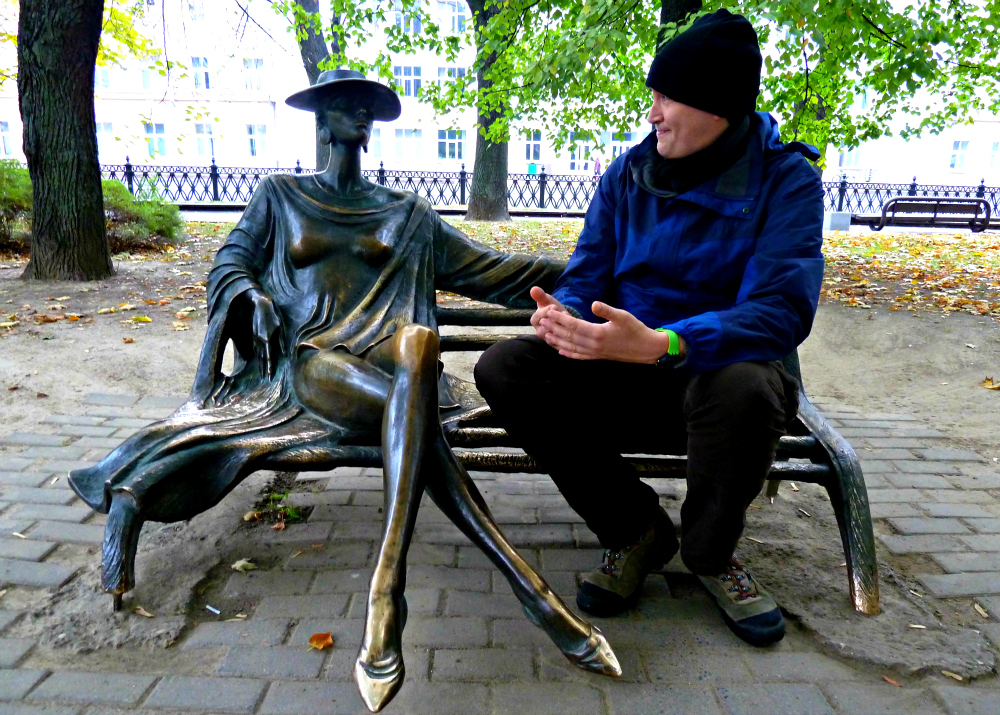
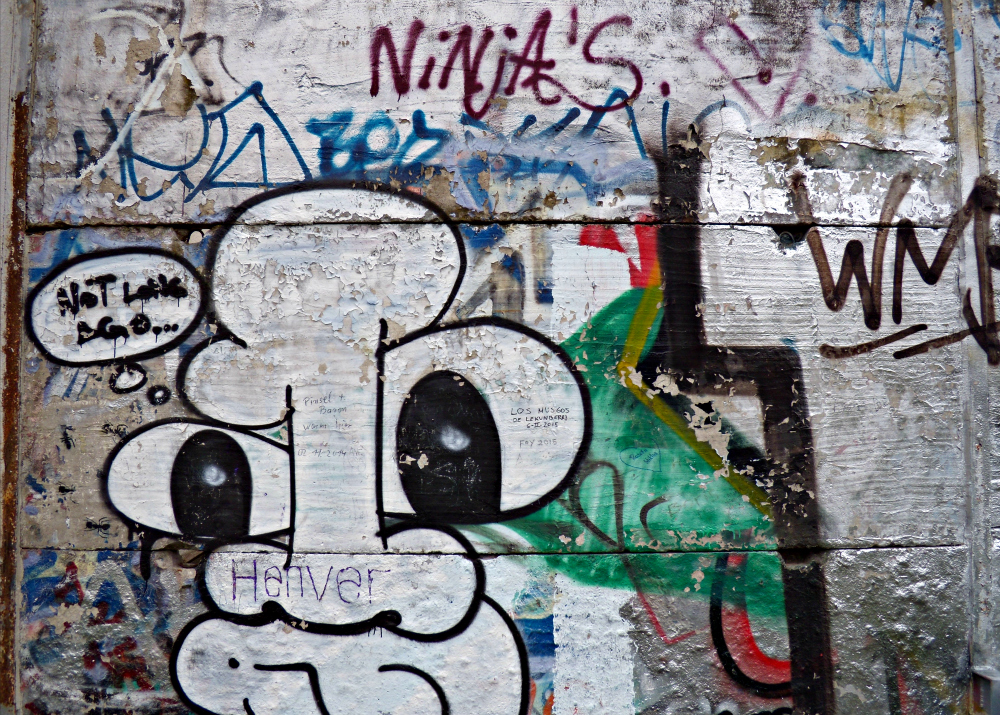
 RSS – Posts
RSS – Posts
